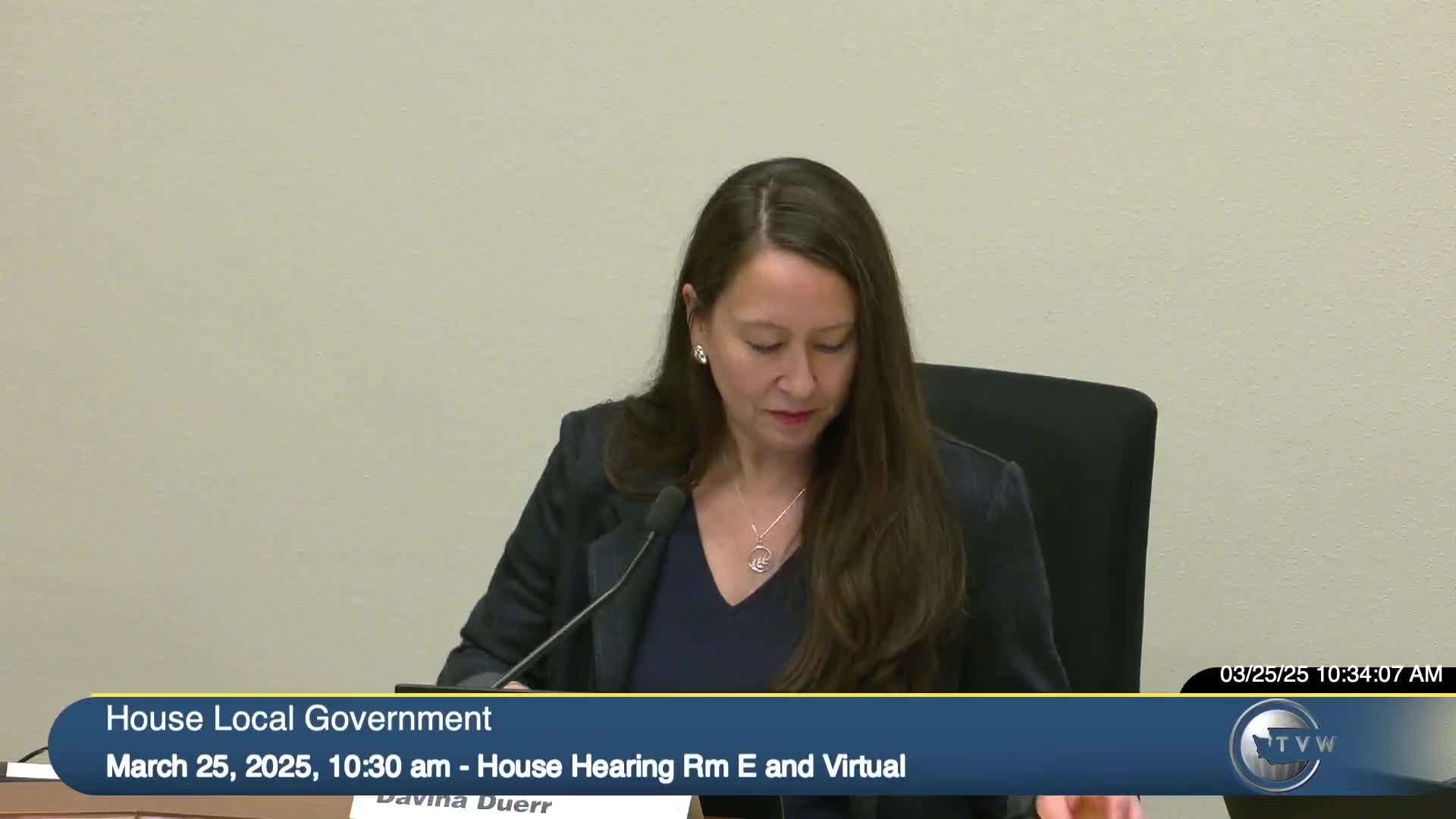Article not found
This article is no longer available. But don't worry—we've gathered other articles that discuss the same topic.
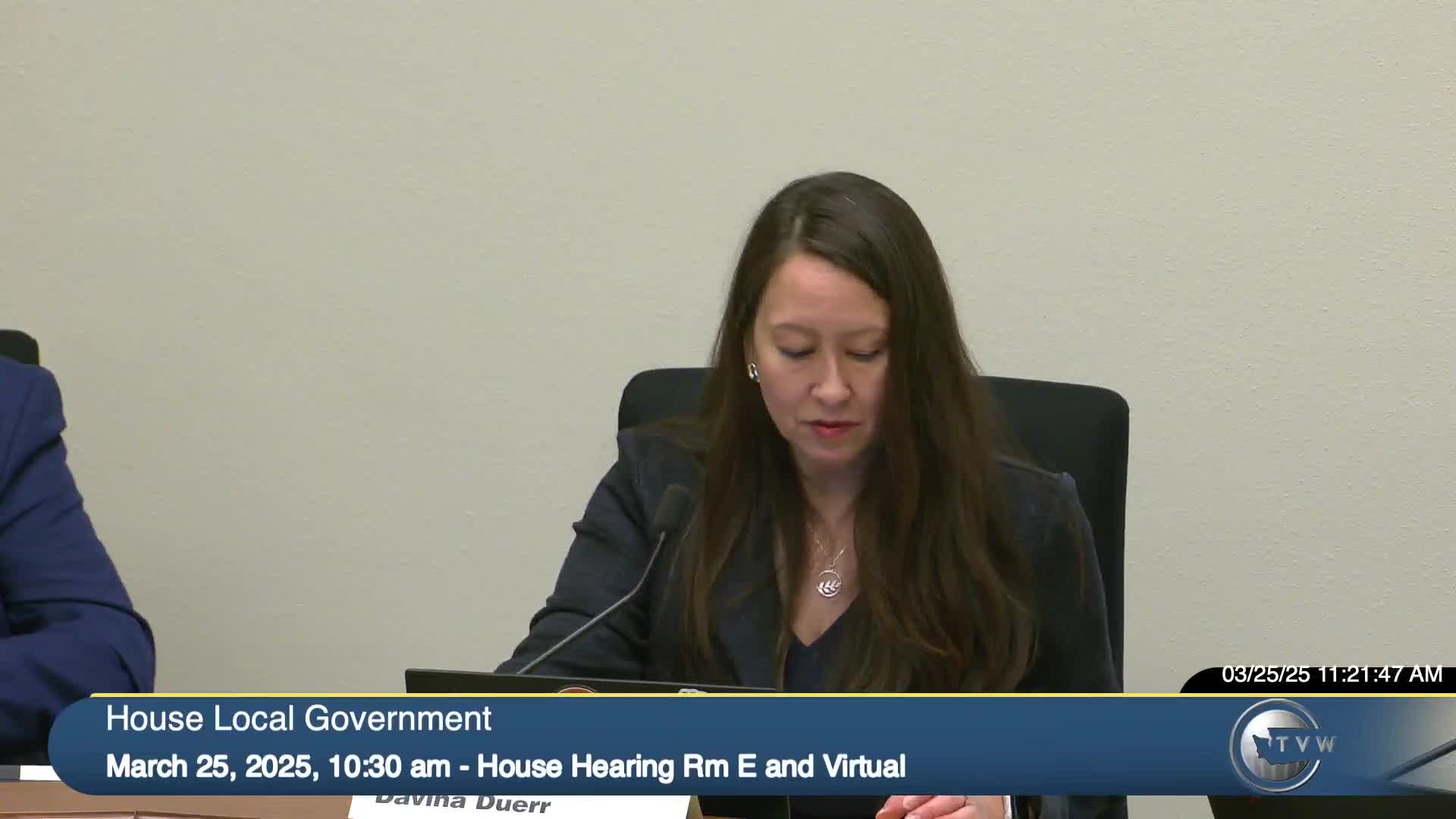
Committee hears cleanup bill to remove statutory vacancy method for county commissioners in favor of constitutional appointment process
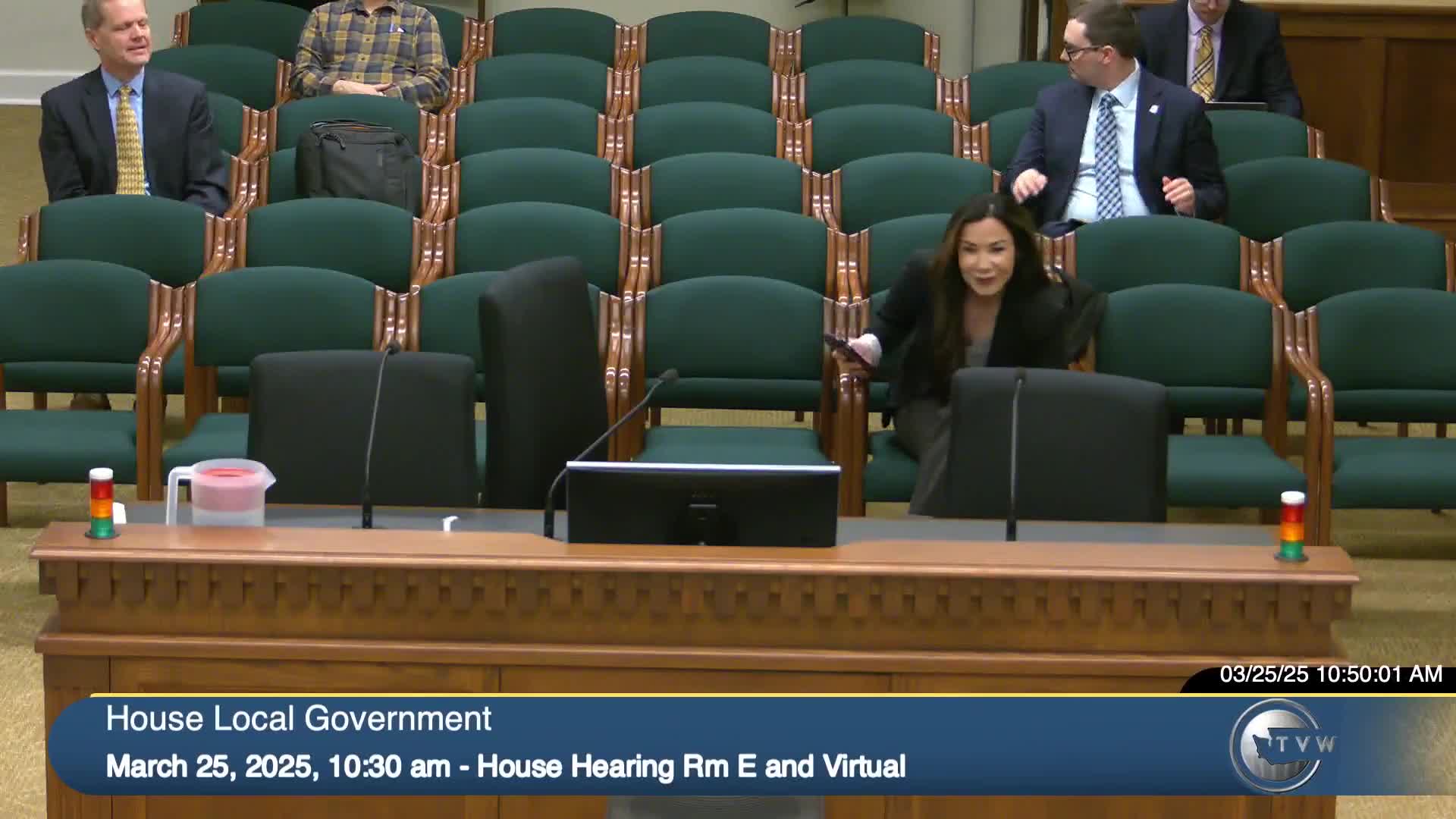
Bill seeks to modernize irrigation-district elections with mail ballots, relaxed absentee rules and new security standards
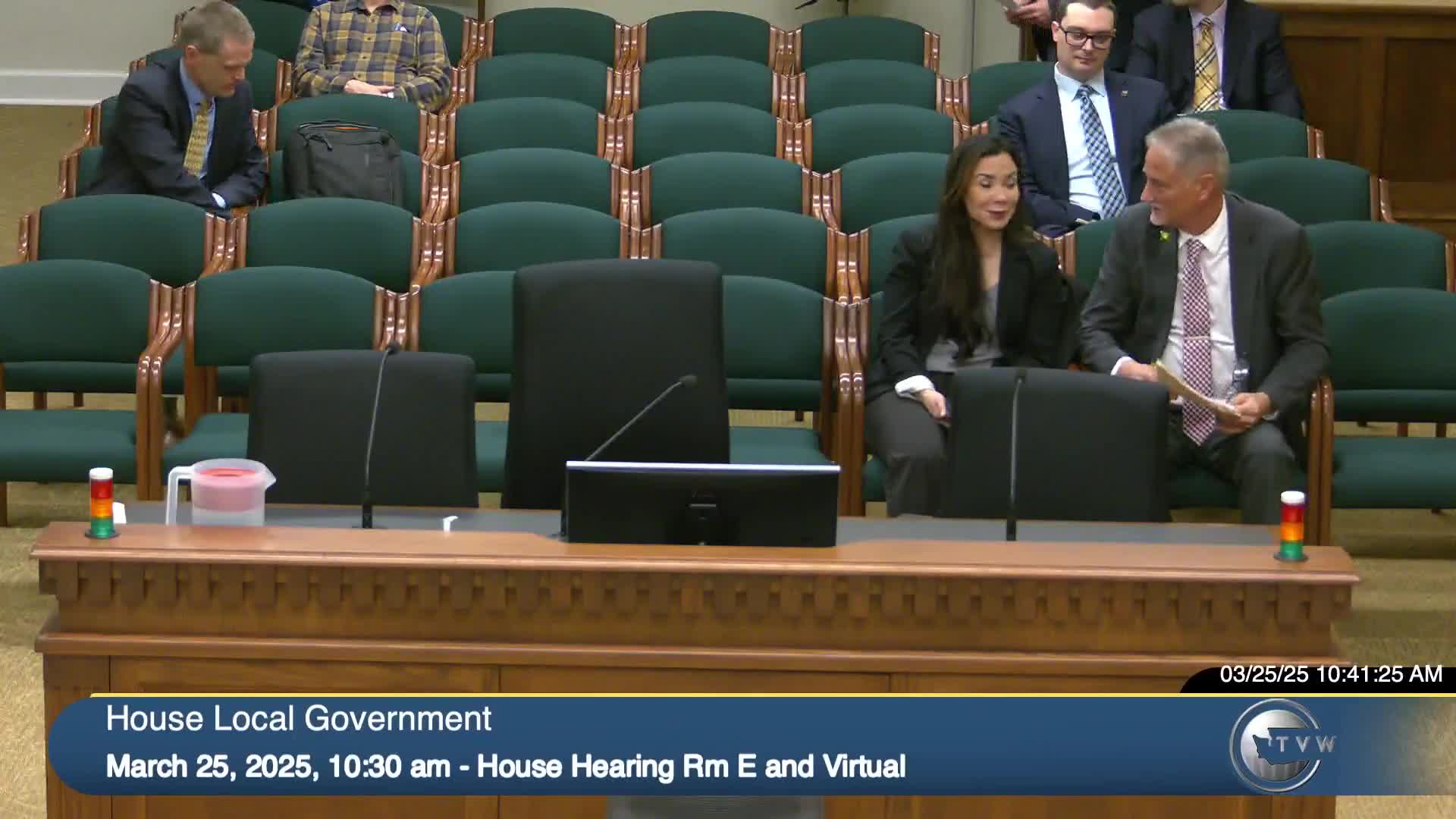
Bill would clarify that small libraries housed in community centers can qualify as recreational facilities for district formation
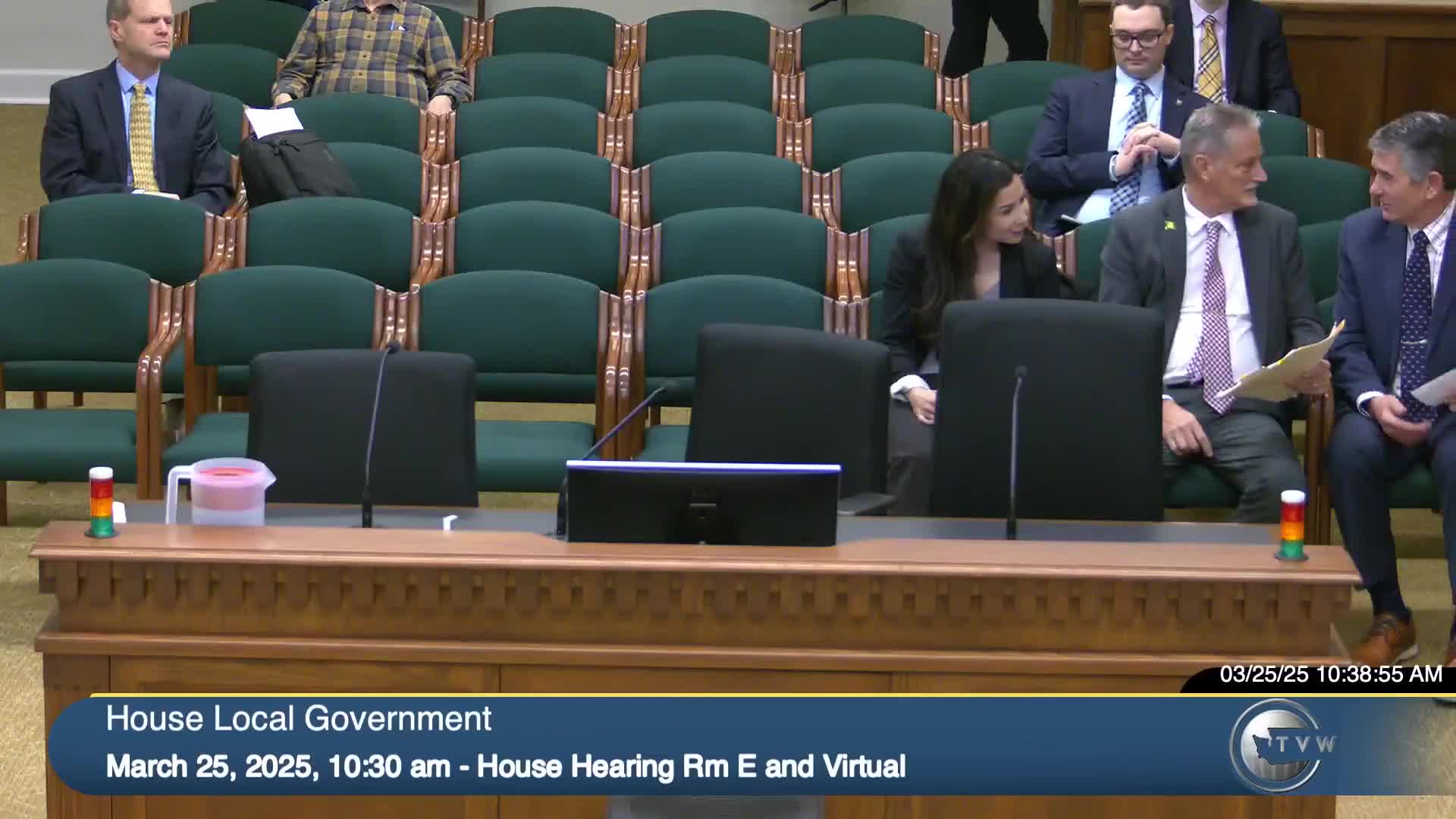
Committee hears bill raising dollar thresholds for private sale of water and sewer district property
